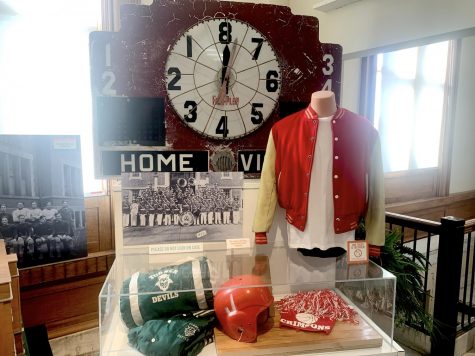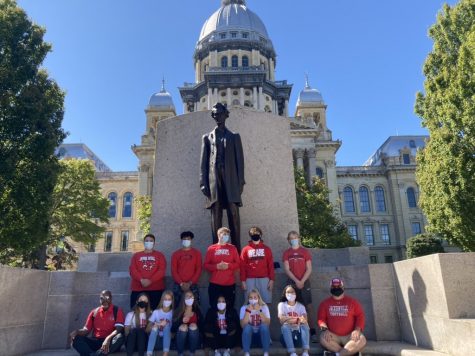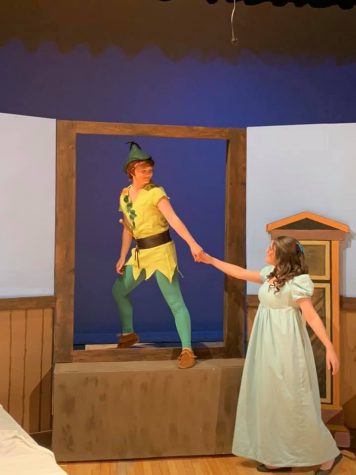The origins of Christmas
December 15, 2015
Everyone is familiar with the lights and sleigh bells, the crazed spirit that only overtakes us when shopping for gifts–Christmas is coming and it seems that everyone is ready. However, Christmas was not always as it is today. Feasting is still around, but how about burning logs? Sparks representing newborn pigs or calves? The holiday has certainly been subject to some changes over the last two millennia!
Many cultures celebrated the winter solstice, especially in Europe. The Norse people were the ones who chopped down trees and lit them on fire to see the sparks, representing life, which announced the coming of newborn animals. In Rome, Saturnalia was celebrated to honor the god of agriculture. Juvenalia was also celebrated, honoring Roman children, as well as Mithra, whose birthday was sacred to the Roman populace.
When Christianity emerged on the scene, Easter was the first main holiday. However, church officials decided later to implement the day of Jesus’ birth as a holiday as well. Because the Bible does not provide a date for Jesus’ birth, the date most people celebrate Christmas was chosen by Pope Julius I. This ruling was also influenced by the dates which the pagan peoples celebrated their holidays; in order to convert these people, the church adopted many of their traditions and melded them with the Christmas ceremonies. In the Orthodox faith, Christmas is celebrated thirteen days after December 25th since Orthodoxy believes this is when the wise men found Jesus in the manger. While Christmas was the main holiday for many years, the Puritans were against it due to its history of being extravagant, as it was much like Mardi Gras in the medieval days. When the Puritans arrived in America, they brought the “no-Christmas policy” with them (except in Jamestown). Because of its rocky start in the New World, Christmas was not declared a national holiday until 1870.
The “holiday spirit” is something most people cherish, but over the years their beloved Christmas has gone through many changes. From rowdy festival to commercial empire, Christmas now represents family togetherness and giving.






